Science Articles
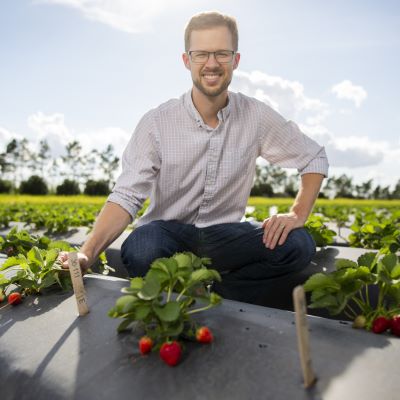
The aroma compound is synthesized in labs and one of the most widely used artificial flavors for foods, beverages and food supplements.

UF Professor Kevin Butler breaks down for viewers facts about ransomware attacks on businesses, institutions and governments and how UF researchers are working to protect us against these threats.
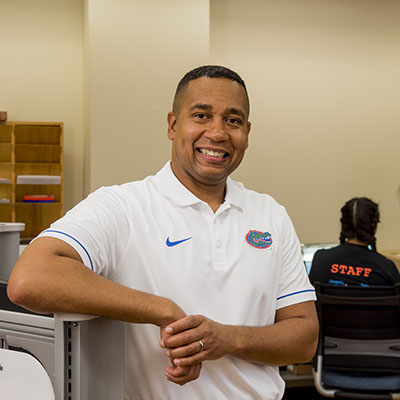
The UF Computer & Information Science & Engineering chair was honored at a White House ceremony for his work developing new technologies that protect people's right to vote

When Hurricane Ian struck Southwest Florida in September 2022, it unleashed a variety of Vibrio bacteria that can cause illness and death in humans, according to a new study published in the journal mBio.
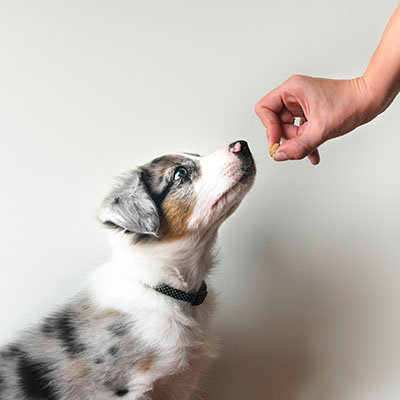
UF psychologists say man’s best friend responds more strongly to food compared to a toy
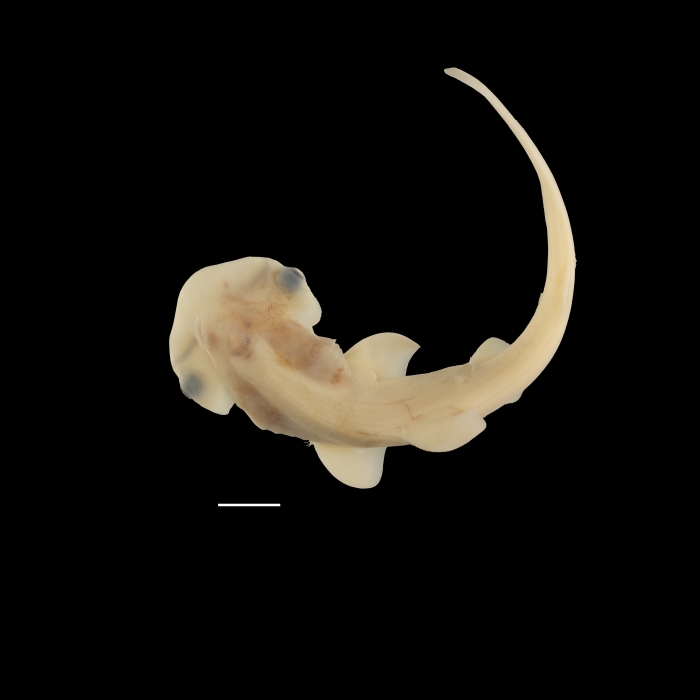
The first-ever look at hammerhead development shows how they create their namesake hammer.

An international team of experts, scientists and regulators has developed guiding principles and best practices to help ensure human research conducted in space is safe and inclusive.
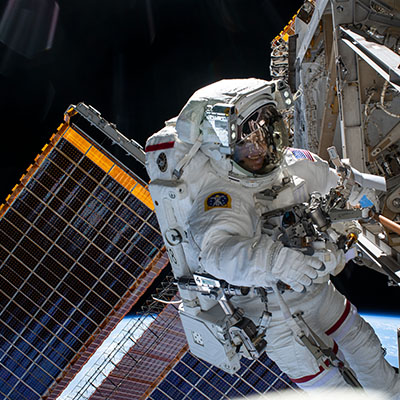
With plans to send a manned mission to Mars in the next decade, NASA turns to scientists to find solutions to the hazards of space travel
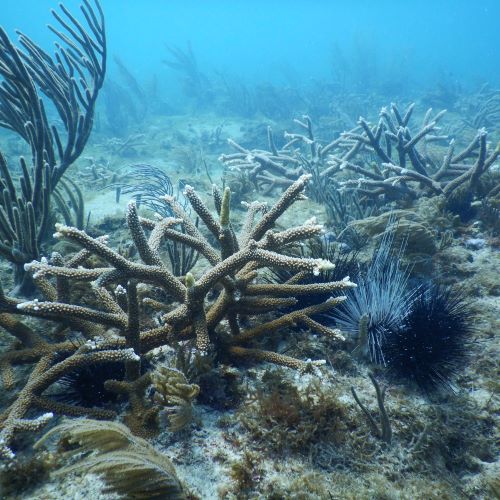
UF scientists identify ideal surfaces to help long-spined sea urchins get the nourishment they need to grow from larvae into juveniles
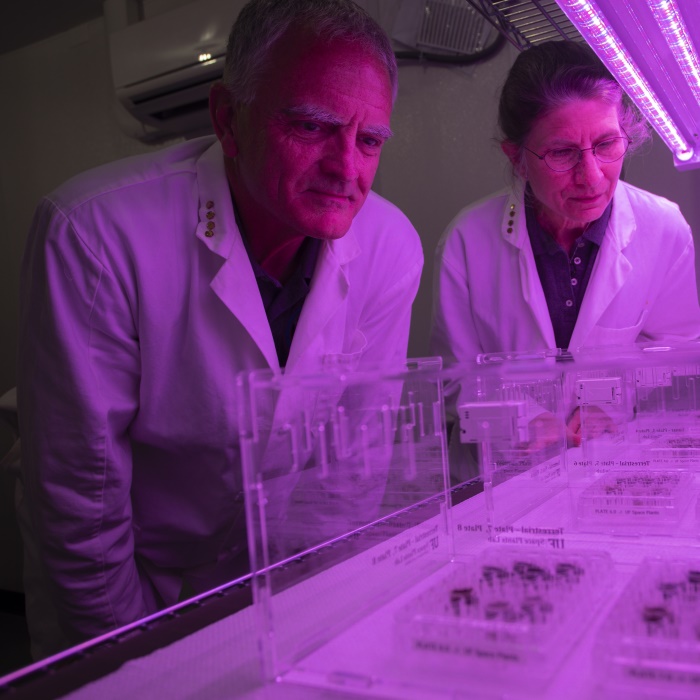
The report guides science that will allow for longer space missions.
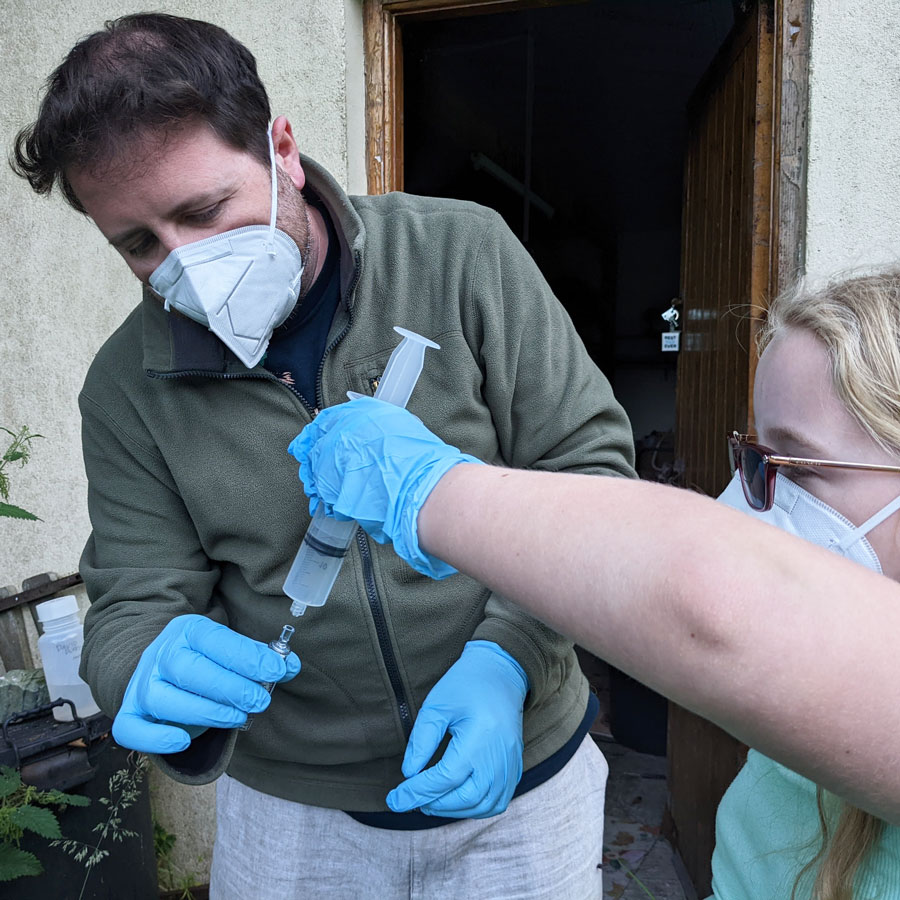
Someone walks down to the local river, scoops up a cup of water, and ends up with a good chunk of your DNA. How much say would you like in how that DNA is used?
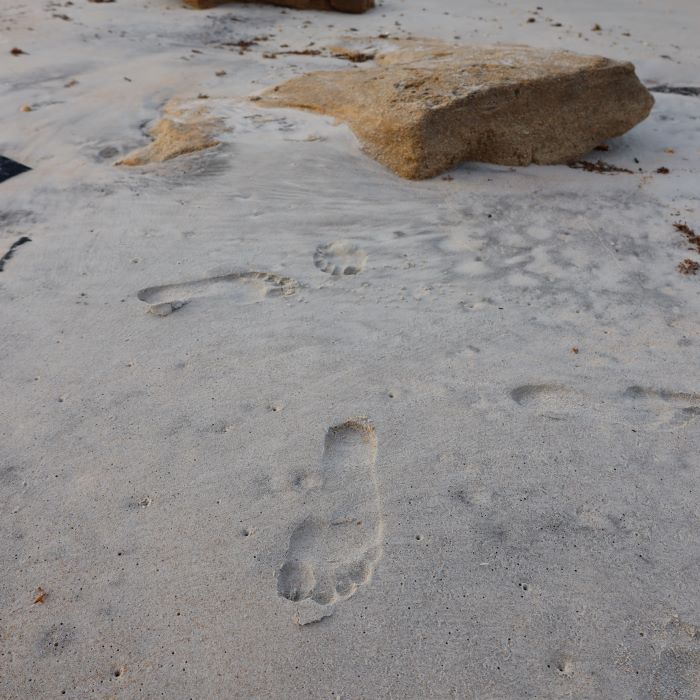
The era of human environmental DNA, or eDNA, has arrived.

A UF-designed AI education program piloted last year in three Florida public schools was so successful that it will expand to 12 school districts beginning this month.

With scientists calling July the hottest month in earth's history and warning of warmer temperatures to come, one UF researcher is working to make cities feel less scorching.
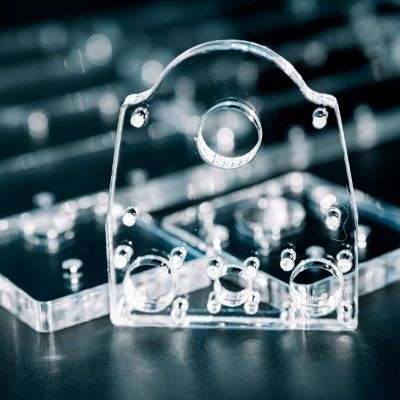
Researchers discovered an innovative approach to working with polymers that has led them to develop a new method for recycling that promises to lower the energy requirement without sacrificing the quality of the plastic